Democratic dialogue in the Army is a form of political and spiritual activity, one of the forms of implementing direct democracy at the grassroots level; it is a responsibility regime for commanders at all levels (heads of enterprises), and at the same time an important measure to build a solid ideological battlefield, build solidarity and unity in agencies, units and enterprises.
Democratic dialogue activities in the Army are regulated in Circular No. 165/2018/TT-BQP dated December 1, 2018 of the Minister of National Defense on the organization and operation of military councils in the Vietnam People's Army, Circular No. 46/2015/TT-BQP dated June 16, 2015 of the Minister of National Defense regulating the building and implementation of democracy at the workplace in military enterprises.
Democratic dialogue is conducted between representatives of Party committees, commanders, political commissars, political officers, superiors, employers with all or representatives of soldiers, workers, civil servants, defense officials, laborers (cadres, soldiers, laborers in the Army) or representatives of labor collectives with employers. Democratic dialogue aims to fully implement the motto "People know, people do, people inspect, people supervise, people benefit", enhance understanding, share, create consensus, build a military cultural environment, corporate culture; build solidarity and unity between Party committees, commanders, political commissars, political officers or superiors, employers and cadres, soldiers, laborers in units and enterprises.
 |
In the past time, the head of the Ministry of National Defense, leaders and commanders of agencies, units and enterprises have systematically and qualitatively carried out democratic dialogue activities with officers, soldiers and workers in the Army, paid attention to resolving the legitimate and legal recommendations and aspirations of officers, soldiers and workers; promptly removed difficulties, obstacles and shortcomings in leadership, command and operation. However, through research, some units have not yet promoted the power of "dialogue" to participate in the fight against existing limitations and shortcomings; have not promoted the collective strength to find correct, accurate and effective measures in leading and directing the implementation of tasks in all aspects of work, contributing to building increasingly strong agencies, units and enterprises.
If the above situation is not thoroughly resolved, it will gradually turn democratic dialogue sessions into "announcement" sessions of regimes and policies; bring democratic dialogue back to formalism, impose one-way information... and the cadres and soldiers participating in the dialogue will not open their hearts to express their thoughts, reveal their feelings, aspirations or fight against negativity in the unit. If the response to opinions and recommendations of cadres, soldiers and workers is not truly reasonable, it will lead to the situation of opinions being sent multiple times, at many levels, and overlapping in many agencies and units, and it is very easy for the phenomenon of anonymous text messages and petitions to arise...
In order to have a substantive and highly effective democratic dialogue in the coming time, it is recommended that agencies, units and enterprises of the entire army carry out the following contents: First, agencies and units continue to thoroughly grasp, propagate and educate cadres and soldiers to fully understand the purpose and meaning of democratic dialogue activities. Second, it is necessary to do a good job of preparing for democratic dialogue in agencies and units; develop specific plans; information, forum, audience, information processing after the dialogue... must be considered a unified and complete process, no stage can be missing. Third, in the dialogue, Party committees and commanders at all levels need to choose topics that many people are interested in; at the same time, promote responsibility, dialogue sincerely, know how to listen to the arguments of soldiers, avoid monologues, turn democratic dialogue into administrative activities; find the truth, reason, and handle conflicting opinions. Fourth, regularly innovate and creatively implement measures and forms of democratic dialogue: Organize forums, suggestion boxes, hotlines, and direct exchanges with soldiers... At the same time, Party committees and commanders must have effective measures to protect spokespeople, avoiding acts of suppression, revenge, persecution, and isolation for "exposing oneself to others"...
Substantial democratic dialogue will promote the spirit of "The army knows, the army discusses, the army supervises, the army inspects", contributing to helping agencies and units effectively promote democratic dialogue work according to the 4 gains (getting things done, getting the army, getting the cadres, getting the organization), thoroughly resolving all arising issues and problems immediately and implementing well the "3 democracies" (democracy in: Politics; military, expertise; economy and life)... contributing to building a comprehensively strong agency and unit that is "exemplary and typical".
According to People's Army Newspaper
Source








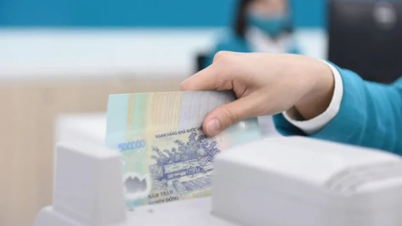

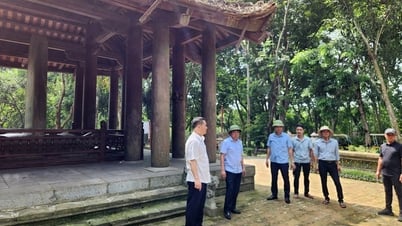

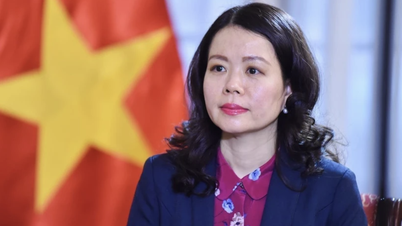


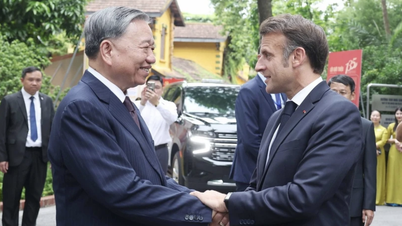
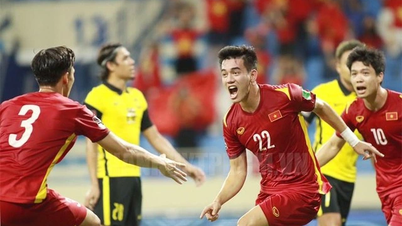

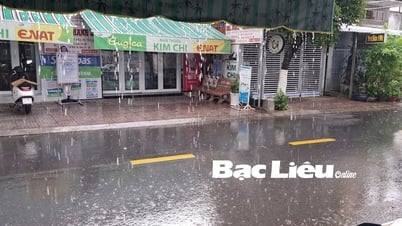
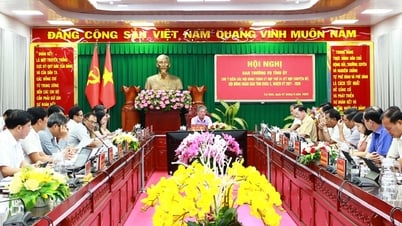
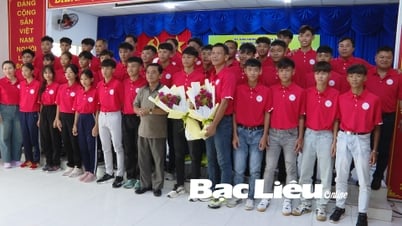
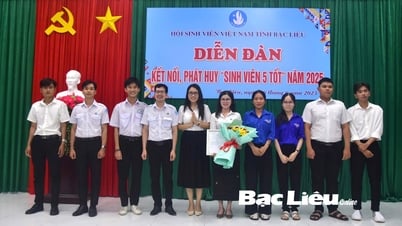
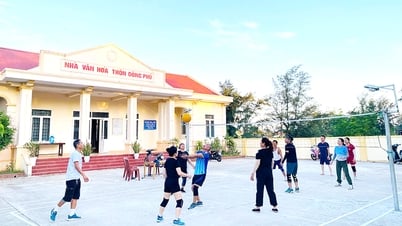

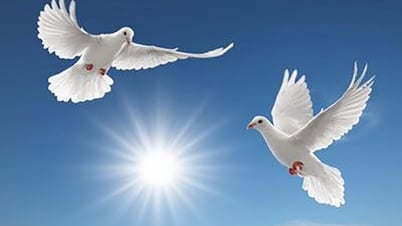




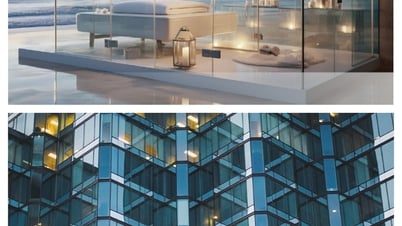

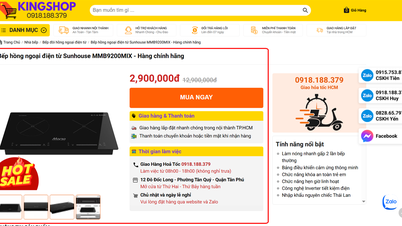
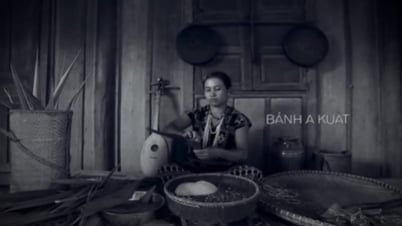





























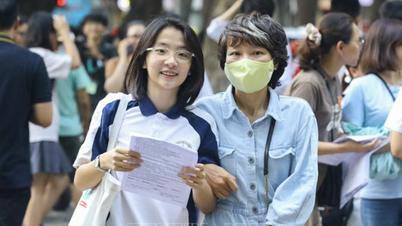
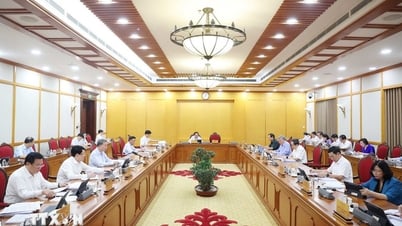
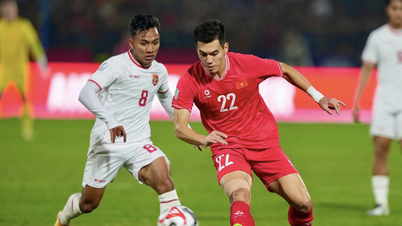


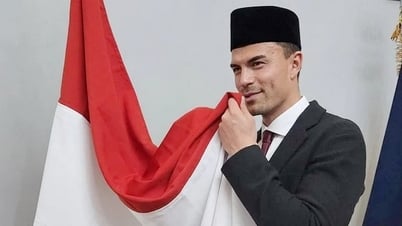








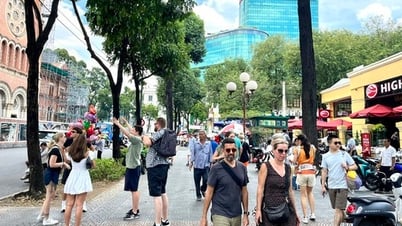
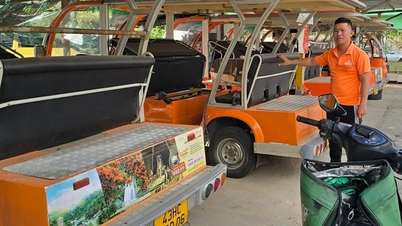

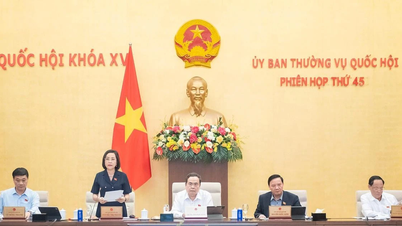

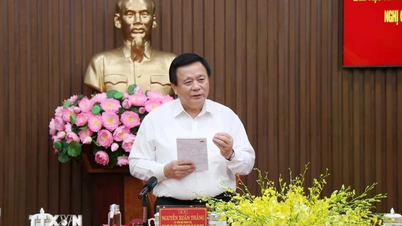
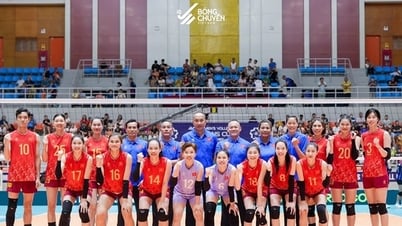
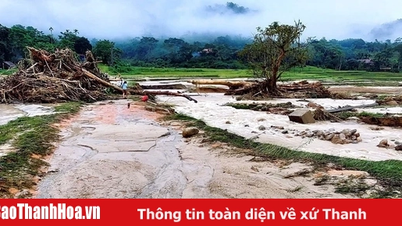

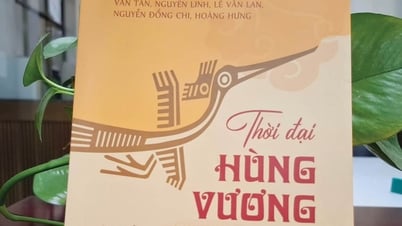









![[OCOP REVIEW] Tu Duyen Syrup - The essence of herbs from the mountains and forests of Nhu Thanh](https://vphoto.vietnam.vn/thumb/402x226/vietnam/resource/IMAGE/2025/6/5/58ca32fce4ec44039e444fbfae7e75ec)


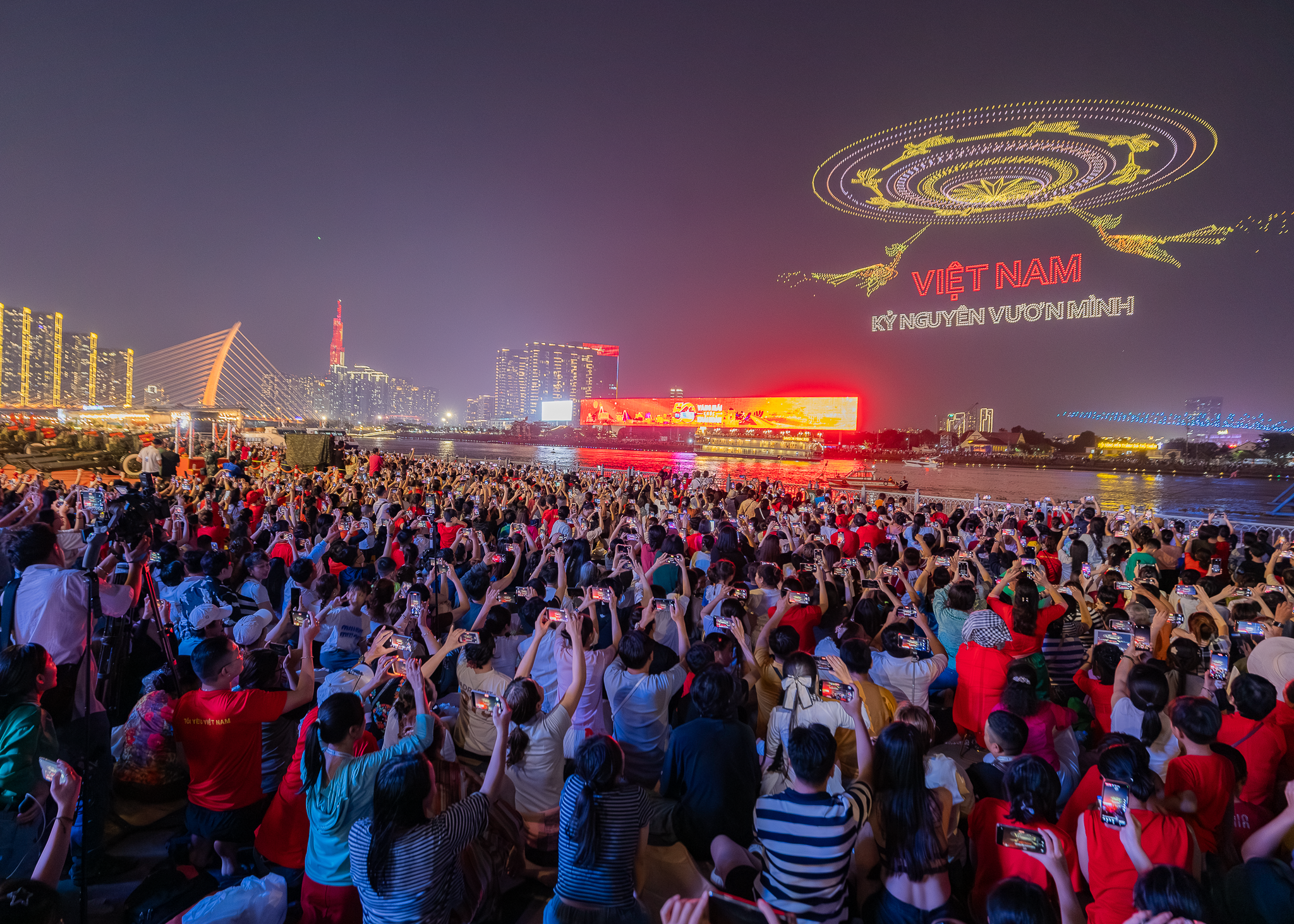
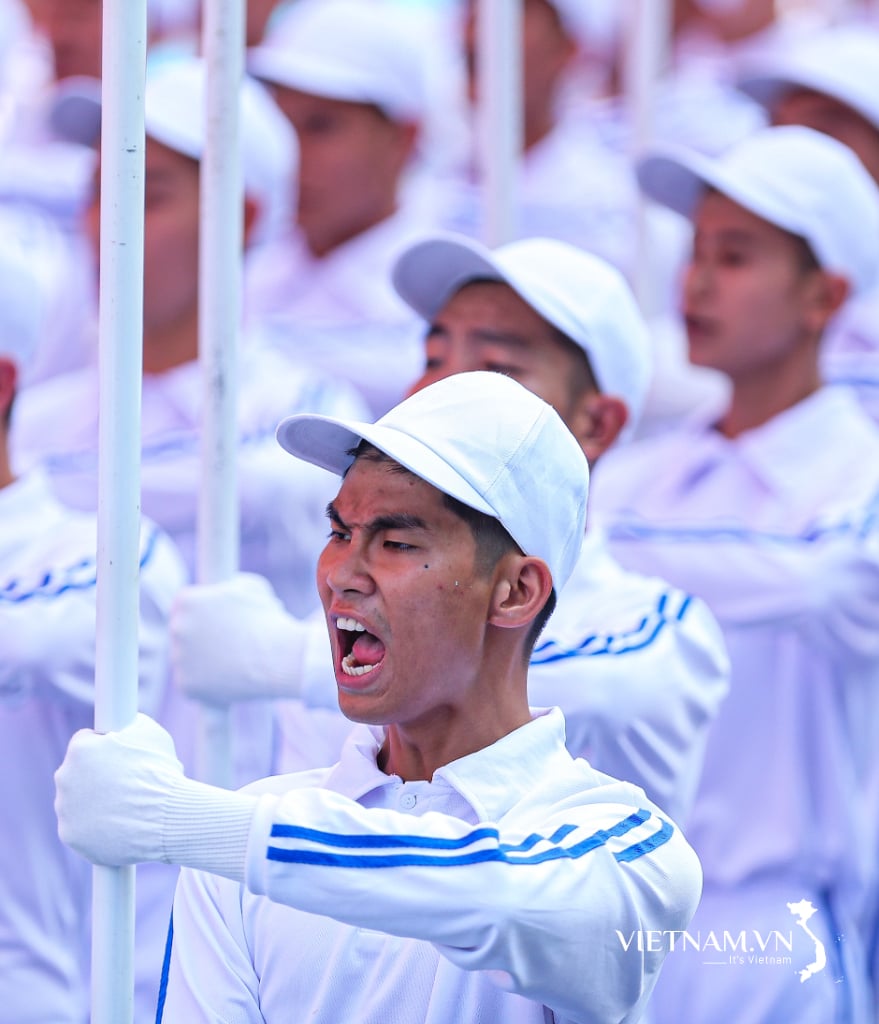


Comment (0)